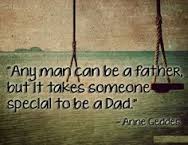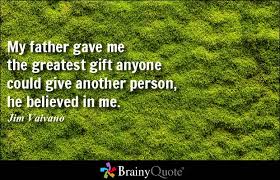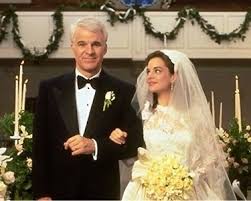
Wanda and I met in an interesting, serendipitous way. First we connected on LinkedIn, which really isn’t that unusual. After that, however, we discovered we were both going to the Space Coast Book Lovers Conference in Cocoa Beach, Florida. We were looking forward to meeting in person and then, better yet, our tables were next to one another! What are the odds? I call that something along the lines of “meant to be.”
I enjoyed visiting with her tremendously and was so impressed by her and her adorable books I wanted to pass that along. Her background in mental health and guidance counseling show through in these uplifting stories. If any of you have young children, grandchildren, great-grandchildren, nieces, nephews, are teachers, or whatever, take note! These colorful books will charm your socks off!
MF: I grew up on Little Golden Books and fell in love with stories when I was a
preschooler. What was your favorite book as a young child and did it influence your writing?
WL: My all-time favorite book was Charlotte’s Web. My third grade teacher read it to us at school over several days while we were waiting for the bus. I definitely believe this book inspires my writing today. While I had already started writing books by third grade, this book is one that I look to aspire to. I want children to feel something when they read my books, just like I did with Charlotte’s Web.
MF: What influenced you the most to decide to write and publish children’s stories?
WL: My daughter has been a source of inspiration for me to write. I saw the world through her eyes growing up and it got me back in touch with my inner child which is where I believe my creativity lives. But, what inspired me to actually publish was that my Pastor had written a book and something about knowing an actual person who published a book made me want to go for it. Plus, being 40 and finally over the fear of people saying ‘no.’
MF: How do you get your ideas? Are they based on experience or just come to you?
WL: My ideas bubble up from somewhere inside that I can’t really explain. However, when I look back on a story after I’ve written it, I can usually see that it came from a thought I had while riding my bike or enjoying the beauty of nature or sometimes from a song I hear.
MF: Which comes first? Visualizing the illustrations, creating the character, or the poetic rendition of the story?
WL: When I write a picture book, the words and rhyme come first. Sometimes when I’m
particularly stuck on a spot in the story/poem, that’s when a visualization will help. If I can see it, I can describe it. By seeing it, though, I mean in my mind’s eye.
MF: Do you ever do readings? If so, do you have any special experiences to share?
WL: Yes, I love to do readings. I have read at schools and libraries and once at a Barnes & Noble. What I love is looking at the children’s faces just listening intently. Afterwards, I usually take questions and I love the questions children come up with. Often they are the children that like to write themselves. I truly hope I inspire them to follow their dream of writing.
MF: Of your various characters, do you have one who’s your favorite? Why?
WL: I think my favorite character is Franky the finicky flamingo. He’s very colorful and wants to stay that way but doesn’t like any other birds’ food. He’s fun and unique. He also has a second book coming out where he’s trying to find his favorite drink. But, it’s not about what you think. This one has an earth-consciousness message.
MF: What’s your favorite part of writing? You least favorite?
WL: My favorite part of writing is the actual writing. When I have something inside that is pushing me to write it down and I sit down and it just flows out of me. It’s like I’m in a zone. It’s wonderful! My least favorite part is figuring out how to connect my books with readers. I love book fairs, craft shows, and school/library events but they are not always easy to find.
MF: If you could have dinner with any children’s author, living or not, who would it be?
WL: It would definitely be with Dr. Seuss. I love his writings. He is playful, yet has a message. I also love his rhyme and meter. He is my writing hero!
MF: What genre do you like to read for you? Do you have a favorite author?
WL: I read a lot of children’s books. I started reading them to keep my finger on the pulse of what was happening in the industry and then realized I liked them a lot. I guess it’s how my mind words so I connect with them. However, I read a lot of spiritual books. Ever since my Pastor’s book landed in my hands and it turns out it was a 28-day meditation book, I have become very interested in contemplative meditation which has an eastern feel to it. So, I read everything I can get my hands on about that. I find it so encouraging to meditate and soak in love and then I turn around and can give that away to help make the world a better place.
MF: Each of your books have a theme and a cleverly disguised lesson. Do you know what your next story will be about?
WL: I never know what my next story is going to be about. I have to wait for the idea to percolate inside me and then bubble up to the point I’m aware of it and have to write it down. I have already written three more picture books (one for Halloween, one for Christmas, and one for Easter). I have a full book written as the sequel to The Lilac Princess. I have an idea written as a sequel to Gloria and the Unicorn and an idea that’s been turning over in my mind for a sequel to A Turtle’s Magical Adventure. But, right now, I’m finishing up the sequel to Franky the Finicky Flamingo, the one that’s about Franky finding his favorite drink. I can’t decide between the title Franky Finds his Favorite Drink or Franky the Thirsty Flamingo. I love the alliteration of the first one but the second one sounds more like the first title. If any of your readers has input, I’d love to hear it!
Wanda’s books are available through Amazon and Barnes and Noble.
A modern fairy tale of a young Princess with too much responsibility and not enough freedom. She is an only child to an elderly King and Queen of a Kingdom in turmoil. Upon her rests the responsibility to rescue her Kingdom one day, but for now, she is held within the castle walls for her safety. She longs to go outside just for a moment, to smell the sweet lilacs growing in the meadow. Come along on her adventure when she dares to escape the castle walls and meets a cursed dragon. Little does she know that while the dragon has an evil plan, her sweet spirit may just unravel it.
Franky is a finicky eater or so it seems. He tries food that the other birds like to eat but nothing appeals to him. Finally, a friend helps him discover the food that is right for him. The message is about accepting our “finickiness” while also understanding our need for the “right” (aka healthy) foods.
A precious story about a bird’s hatching to leaving the nest. Be warned, adults, have a tissue handy!
A Turtle’s Magical Adventure is a charming, heart-warming story of a turtle who doesn’t like his shell because it makes him too slow. Tad asks other slow animals if they also mind being slow. Each one gives an answer that helps Tad feel better, but, still he wants to be fast. He happens upon a snake who tells him there is a wizard that can make him fast. He goes on an adventure into The Magical Timberwood Forest to meet the wizard and hopefully get his wish fulfilled. He encounters delightful, magical creatures along the way but also meets with danger and choices. Will Tad get his wish or will the wizard turn him into turtle soup?
Gloria struggles with her facial disfigurement and wanting to fit in. Gloria’s mother died at birth and her father gave her to Miss Libby, the owner of a children’s home. Miss Libby loves the little girl and feels protective of her. But, it’s not until Sir Louie, the unicorn, shows up that Gloria starts to believe in herself. She has a conflict at school and never wants to go back and then she finds herself in an even worse situation; she encounters the evil Wizards of Malcadore who want to kill her. She must decide if she will face her fear of certain death to save her friend, Sir Louie, or lose him forever. Come along on Gloria’s marvelous journey with Sir Louie.


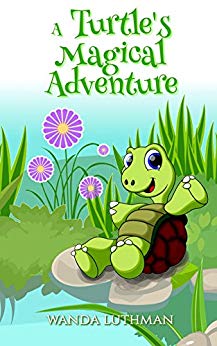

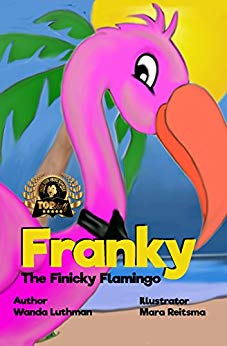

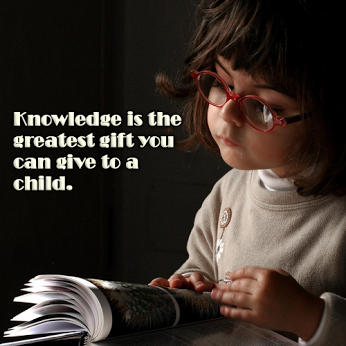
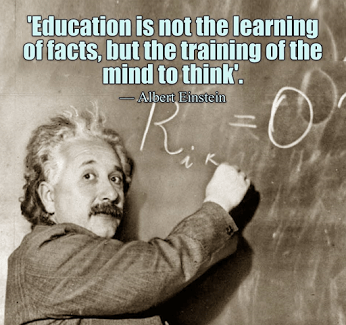 But what about his or her intellectual diet? What’s feeding their little minds? Are you putting some thought behind it when they’re bored or just reaching for the easiest distraction? Here are a few tips for encouraging your child to love learning.
But what about his or her intellectual diet? What’s feeding their little minds? Are you putting some thought behind it when they’re bored or just reaching for the easiest distraction? Here are a few tips for encouraging your child to love learning.